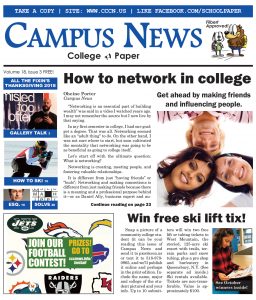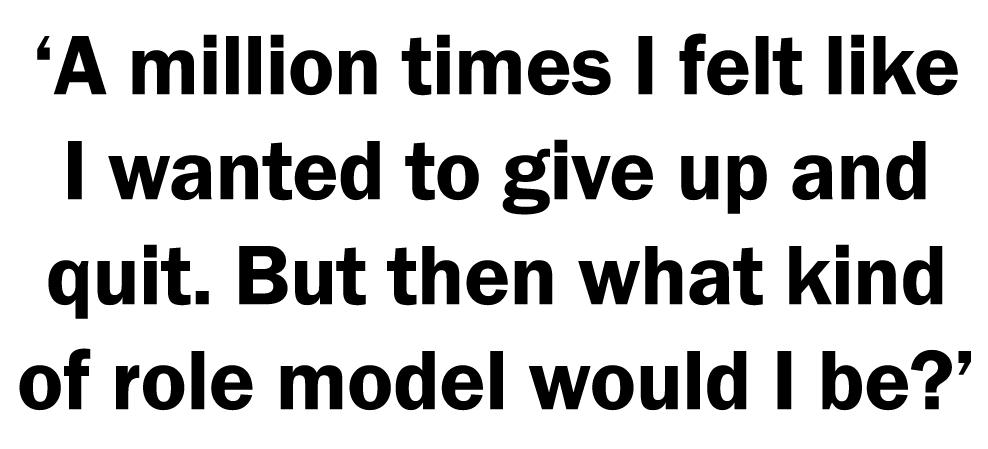By Kaylee Johnson
Campus News
Group projects are a fundamental part of college. They help prepare students to learn to go with the flow, and hone social skills, resulting in professional communicators who are ready for any workplace challenge. They are especially important for students who are planning on working in fields that demand a lot of communication, like teaching, nursing, advertising, and marketing. Yet, I have never met a college student who has enjoyed a group assignment, myself included. Most times, group members are either controlling or overly lax, resulting in one person doing the bulk of the work. I am sure you have been in this position, either as a busy bee control freak, or as a procrastinator. Here are four ways to be a great group member, and get an A on your project:

Communicate: The biggest issues that students face when trying to complete a group assignment is communicating, both in person and electronically. People have different schedules, and often it is near impossible to meet group members outside of class to discuss project ideas, but the program Google Docs allows for multiple users to work on a presentation at the same time, and make comments. I prefer PowerPoint if I am working independently, but when I am working with others, Google Docs has been very efficient. All you have to do is sign in with your Google address and invite your fellow group members to edit the presentation. Also, be sure to give out your phone number and email address, and create a group text. This way, members can quickly acknowledge any concerns they have, and openly ask questions. Overall, remain present physically and electronically, contributing opinions and ideas that accommodate the skillset of the group.
Thinking for 2, or 3, or 4, or 5: When you are a member of a group, you have to take every member into consideration. Therefore, if one member has soccer practice every Friday, but that is the day that you want to meet, you have to adjust your schedule. There are valid excuses for being unable to meet; such as pre-planned events, travel, sports games, illness, club gatherings, and classes. If a group member cannot meet for one of these reasons, try to accommodate their schedule. You would want them to rearrange details for you if you were sick, or had jury duty, so try to do the same for them.
Do YOUR work: I am guilty of trying to do my group members’ work for them. Until last year nobody confronted me about it. In fact, most people enjoyed the fact that they were able to sit back while I neurotically and ornately decorated their slides with educational videos, hard to come by facts, and detailed illustrations. But last Spring a partner defensively asked me why I changed her slides. Surprised by this reaction, I told her that their original caliber did not satisfy me. After she explained how demeaning it was that I changed her slides, I realized I was in the wrong.
Divvy up the workload fairly, and do your portion with integrity and creativity, but do not take control of the entire assignment. It is a smart idea to complete your work a few days early, so that you can help piece together all of the slides, and fill in gaps.
Be understanding of diverse personalities: As stated earlier, I am not keen on group projects, but they have definitely helped me gain insight as a teacher. I have worked with chronic partygoers, bullies, anxiety ridden nail-biters, barely passing potheads, and overachievers. Most times, I assess people based on their ability to be a character in one of my future novels. Are they interesting? Do they have any redeeming qualities? What are their downfalls? A group member does not have to be intellectual, or even a good person to be interesting. This is how I view group projects. Even if the whole experience was awful, I still get a new interaction, and possibly a new literary character out of the whole ordeal. Group projects are not a time to stick your nose in the air and assume that you are better than your partners. Unless you work together, you will not prosper.
If these ideas don’t land you an A with your professor and your partners, I don’t know what will! The reason I have struggled so much with group projects is because they almost always require members to follow a set of written and unspoken rules, and I have always been known for not following rules that I deem useless. Here’s my suggestion, reader: follow the rules and listen to your partners. It is hard to admit, but sometimes another person may know a subject area better than you do. Your attentiveness and open mindedness will not go unnoticed.
 Kaylee Johnson attended Adirondack Community College and now is a junior at the College of Saint Rose. Comment on this story below.
Kaylee Johnson attended Adirondack Community College and now is a junior at the College of Saint Rose. Comment on this story below.








Facebook Comments